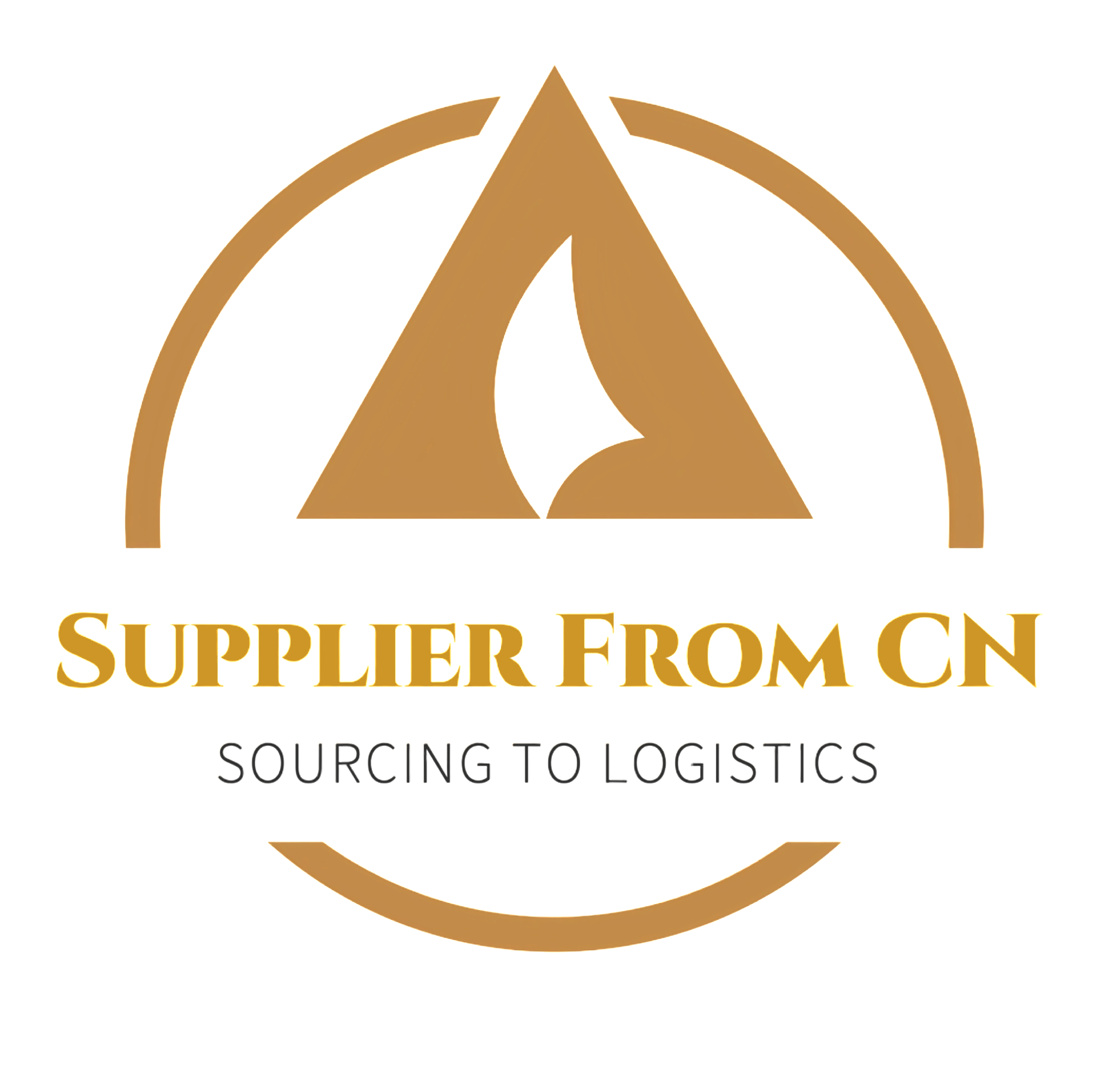LCL vs. FCL Shipping: A Cost-Benefit Analysis for Small Businesses
Navigating the logistics of shipping from China is a critical step for small and medium-sized enterprises (SMEs). One of the most common dilemmas we see at SFCN is business owners struggling to choose between Less than Container Load (LCL) and Full Container Load (FCL) shipping. This decision directly impacts your cash flow, inventory planning, and overall competitiveness.
As your procurement agent in China with over a decade of experience, we've guided countless SMEs through this choice. The right answer isn't about which option is universally better, but which one is smarter for your business size, budget, and growth stage.
Understanding the Basics: What are LCL and FCL?
FCL (Full Container Load): You pay for the exclusive use of an entire container (e.g., 20ft or 40ft). Your goods are the only cargo inside.
LCL (Less than Container Load): You pay for the space your goods occupy within a container shared with other shippers' cargo. It's like a "group shipping" method.
The Cost-Benefit Breakdown for SMEs
When does LCL make the most sense?
LCL is often the gateway for small businesses to start importing from China. Its primary benefit is lower upfront cost. You don't need to generate enough volume to fill a whole container, which significantly reduces the financial barrier to entry.
Benefit 1: Improved Cash Flow. Pay only for the space you use. This frees up capital for other critical areas like marketing or product development.
Benefit 2: Flexibility and Frequency. You can ship smaller orders more frequently, allowing you to test new products, respond to market trends, and maintain leaner inventory levels without massive warehousing costs.
The Trade-off: The cost per cubic meter (CBM) for LCL is higher than for FCL. There is also a longer transit time because your shipment must be consolidated and deconsolidated at specialized warehouses, and it's more susceptible to delays from other shippers' documentation issues.
When should you consider upgrading to FCL?
As your business grows and your shipment volumes increase, FCL becomes the more economically viable option. The primary advantage is a lower cost per unit.
Benefit 1: Superior Cost-Efficiency. Once your cargo reaches a certain volume (typically around 15 CBM and above for a 20ft container), FCL becomes cheaper overall. You benefit from a fixed rate for the entire container.
Benefit 2: Enhanced Security and Control. Since your goods are alone in the container, the risk of damage or loss from handling during consolidation/deconsolidation is minimized. You also have more control over the packing and sealing process.
Benefit 3: Faster Transit (Potentially). FCL shipments move directly from the port of origin to the destination without the waiting time for consolidation, often resulting in a quicker door-to-door time compared to LCL for the same route.
The Trade-off: The main challenge is that you must have enough goods to fill a container efficiently. This requires more capital tied up in inventory and stronger sales forecasting.
Making the Strategic Choice: Key Questions to Ask
To decide between LCL and FCL, ask yourself:
What is the total volume (CBM) and weight of my shipment? (This is the most critical factor).
How sensitive is my cash flow? Can I afford to pay for a full container upfront?
What is my inventory turnover rate? Do I need frequent, small shipments or can I manage larger, less frequent ones?
How time-sensitive is my shipment? Can I afford the extra time for LCL consolidation?
How SFCN Adds Value as Your Procurement Partner in China
At SFCN, we don't just execute your shipping decisions; we help you make the smartest one. Our role as your integrated procurement agent includes:
Expert Consultation: We analyze your shipment data and business goals to provide a clear cost comparison and recommend the optimal method.
Supply Chain Optimization: We help you plan your production and shipping schedules to maximize efficiency, whether you use LCL or FCL.
End-to-End Management: From coordinating with the factory and arranging pickup to handling customs documentation, we manage the entire process seamlessly.
Ready to optimize your shipping strategy and reduce costs? Contact SFCN today for a personalized logistics analysis tailored to your small business needs.
